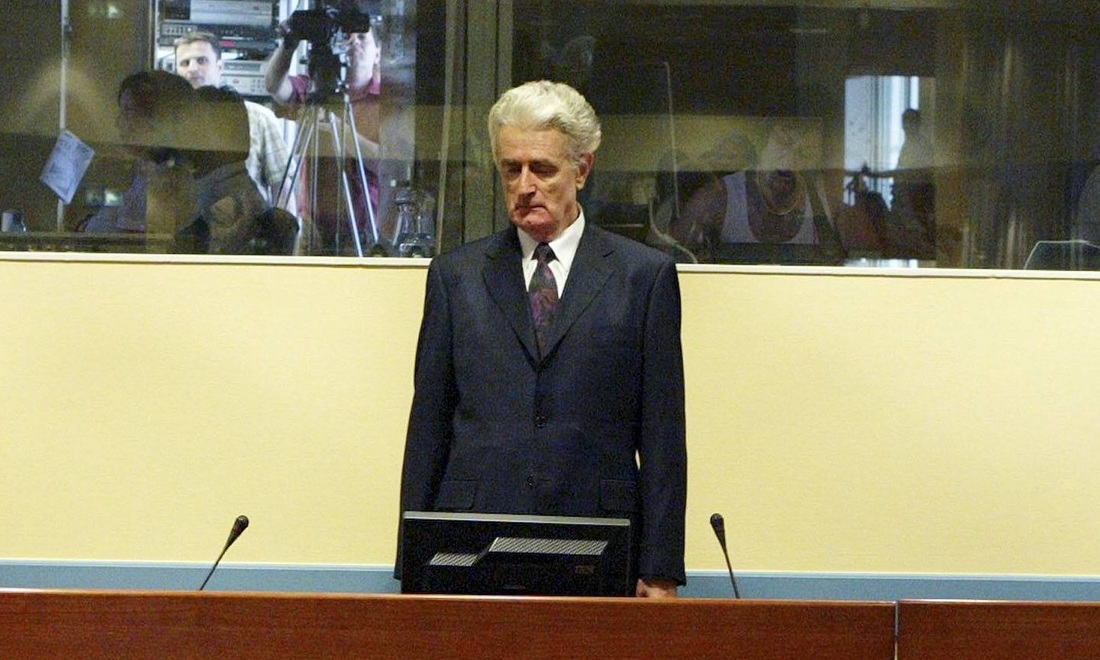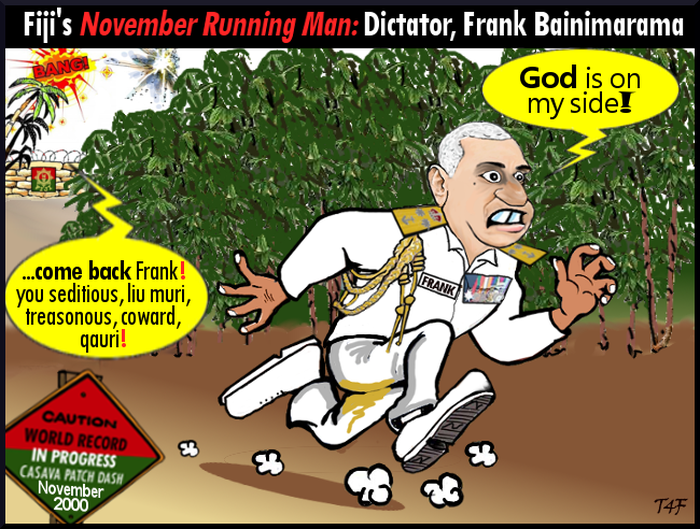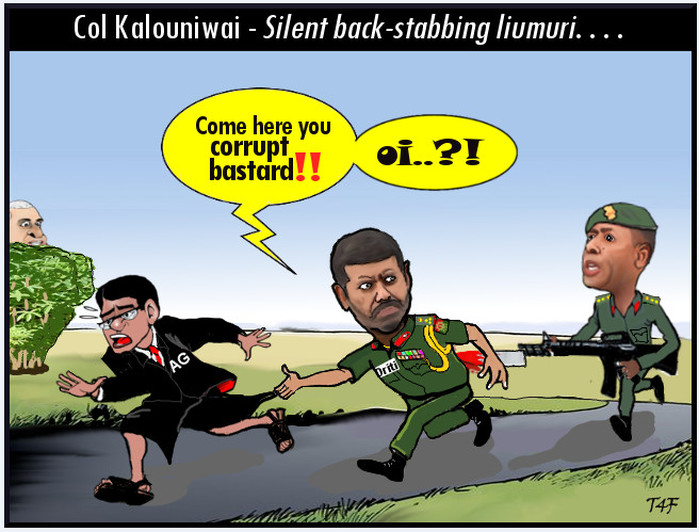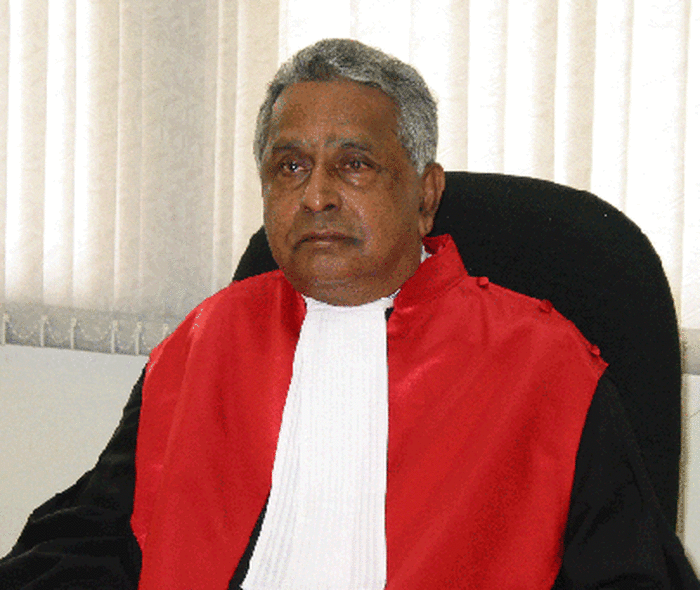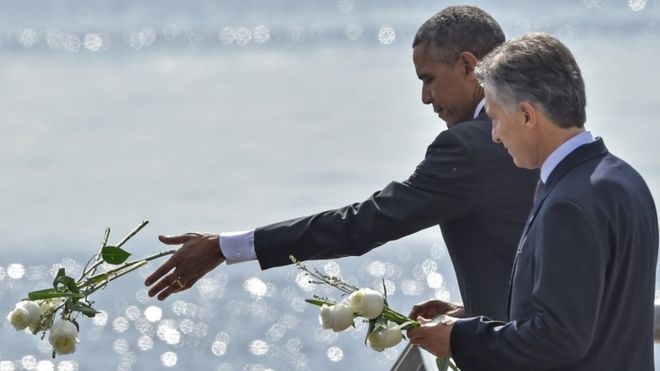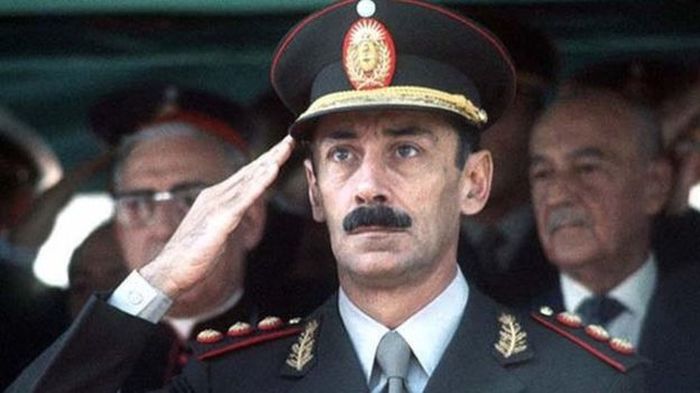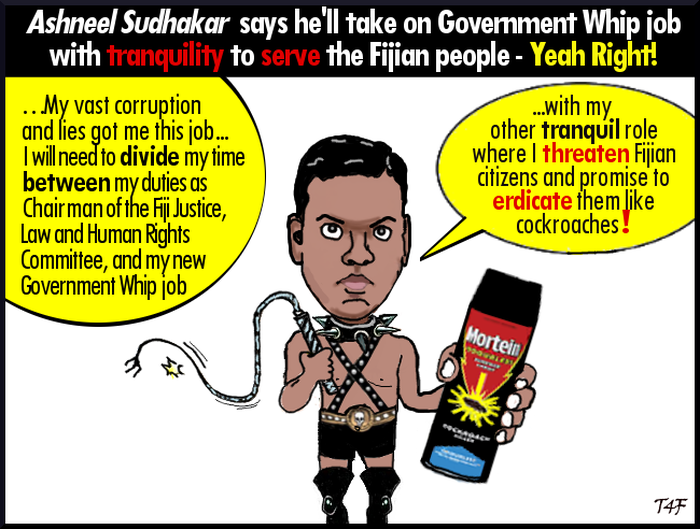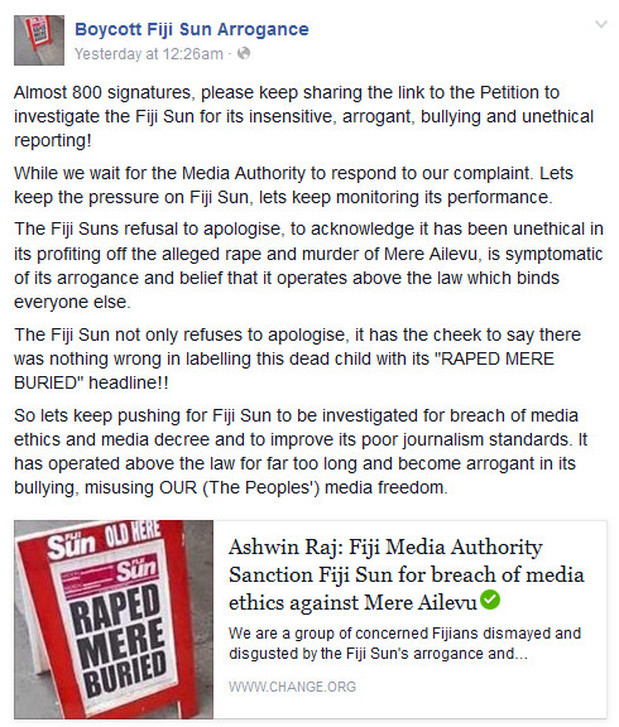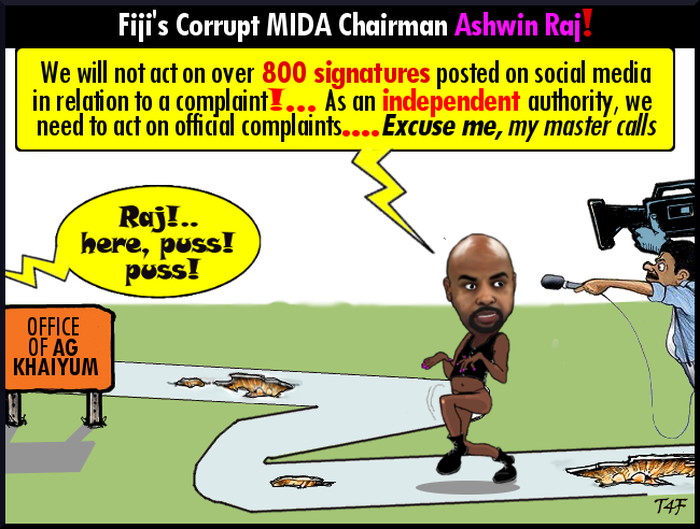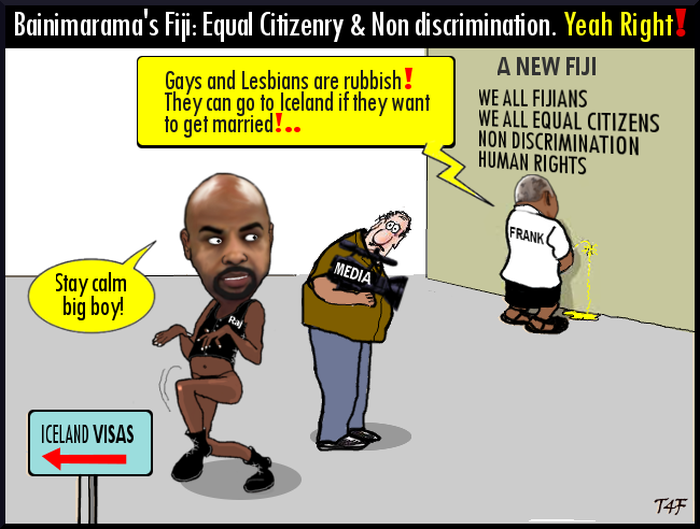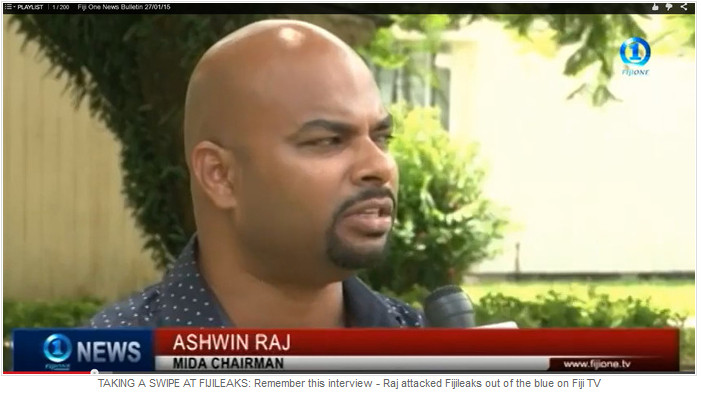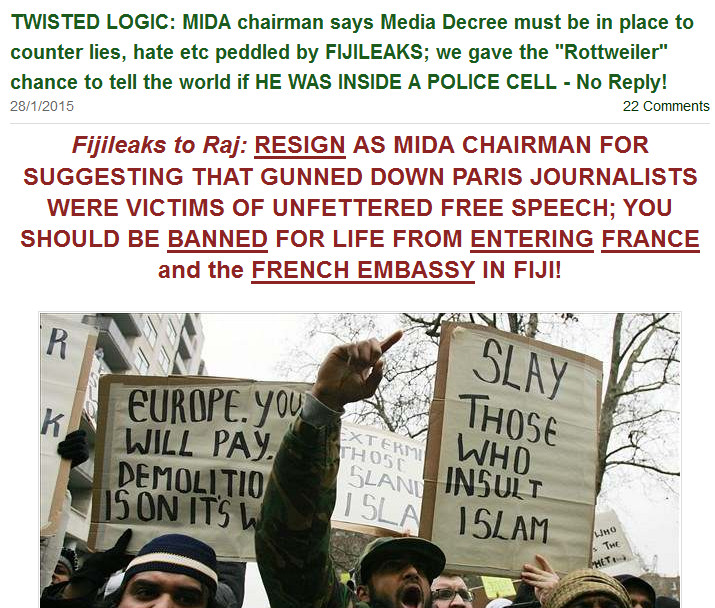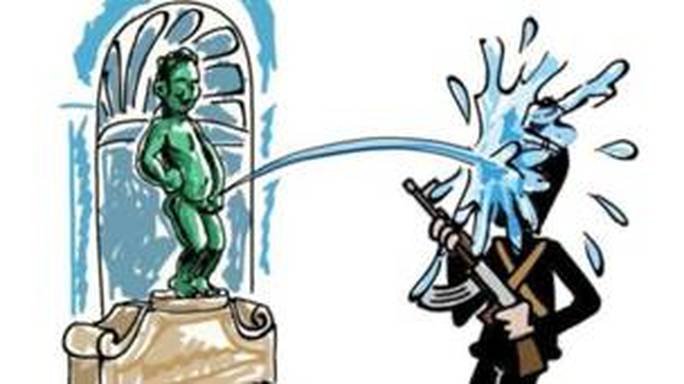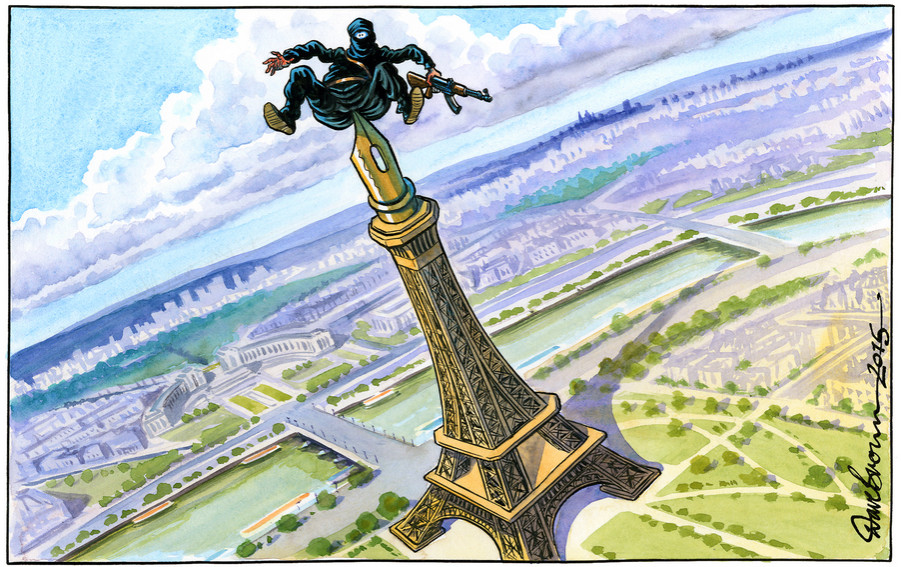Fijileaks: Fiji's Karadžićs have remained on the run because of the likes of former NFP leader JAI RAM REDDY. He has NOT raised HIS VOICE against Injustice and Gross Human Rights Violations and Violence since he abandoned Fiji to become International Court of Justice JUDGE! Parliament and handsome parliamentary salary and allowances is the greed for many in Fiji, including political and human rights activists - street protest is not in their book! All they want is to sit in Parliament and make empty noises while filling up their bank accounts or hiding millions in overseas bank accounts! "Whenever a man has cast a longing eye on offices, a rottenness begins in his conduct." - Thomas Jefferson
"International justice is still a new idea. So far, it is a long way from perfect. But it is still better than nothing at all"

The testimony of survivors has been heard. Mothers have learned where their sons are buried, fathers have some closure for the killing of their child by a sniper’s bullet. At least some of the crimes of a European civil war, watched by western powers in handwringing inaction, have been fleshed out and their perpetrators punished. Karadžić, who is now 70, was sentenced to 40 years. He will spend the rest of his life in prison. For its supporters, the court has served its purpose: the age of impunity is over.
That at least is the case of the promoters of the idea of a global tribunal that stands in impartial judgment over those charged with crimes against humanity. From the tribunal seeking retribution for the crimes of the Balkans, and its sister tribunal trying the perpetrators of Rwanda’s genocide in 1994, came the international criminal court. It laid the foundations for an architecture of international criminal justice. By ending impunity it would both bring some justice to survivors and families of victims, and deter future crimes. The most cursory look around the bleak landscape of the 21st century, from Sudan to Syria, shows how far such an effort has still to go. The ICC has been bitterly criticised for indicting only African dictators. The failure to sign up to the UN resolution establishing the court by the US, Russia, China and many of the major regional powers of the Islamic world, makes it hard to deny the appearance of the justice of the powerful against the weak.
Events in the prosecution of Balkan war crimes have added to the criticism that the ICC’s conduct is shaped by the interests of the main sponsor of the original Balkan tribunal, the US. Most of the convicted are Serbs, few are Croats and fewer still Bosnian Muslims. That may have contributed to the lack of a sense of ownership of the court that even its most articulate backers, such as the lawyer Philippe Sands, acknowledge. It has also played into a narrative of martyrdom: on the eve of Karadžić’s conviction, his successor as president of Republika Srpska named a new school dormitory after him. The hope that the element of closure from the conviction of the guilty would also make reconciliation easier has not been realised. In a region where memories of historic grievances date from the 13th century, it was an ambition too far for any court.
Perhaps the most devastating criticism of these early experiments in international justice is the charge that first the former Yugoslavia tribunal and then the international criminal tribunal for Rwanda were, in inspiration, exercises in salving the conscience of a world that had failed to intervene, an attempt to expunge the guilt of inaction. Now that the complexities of action are painfully familiar, that may seem a lesser weakness. Bringing people to justice at the end of a messy war was always going to be a messy business. But it is still worth doing. Source: Editorial, The Guardian, London
"The hottest place in Hell is reserved for those who remain neutral in times of great moral conflict." - Martin Luther King, Jr.
Argentina: Obama visits 'Dirty War' memorial on coup anniversary; The US was "too slow to stand up for human rights" in Argentina, he said
He promised to release more secret military and intelligence files from the era, revealing the US government's role in the 1976 coup.
The US was "too slow to stand up for human rights" in Argentina, he said.
Some 30,000 people are estimated to have been killed during the six years of military government.
Thousands of other people were illegally detained and tortured in what became known as the "Dirty War".
President Obama said US foreign policy had changed since to always take into account transparency and human rights.
He expressed hope that his gesture to release secret files of the 1970s would help mend relations between the two countries.
"There`s been controversy about the policies of the United States early in those dark days, and the United States when it reflects on what happened here has to examine its own policies as well, its own past," he said.
"Democracies have to have the courage to acknowledge when we don't live up to the ideals that we stand for.
"When we've been slow to stand up for human rights, and that was the case here."
Later, tens of thousands of people marched through the streets the Buenos Aires to mark the 40th anniversary of the coup.
'Never again'
More than 4,000 secret files from the American government were released in 2002.
But on Wednesday, after a meeting with President Mauricio Macri, Mr Obama announced that for the first time the US had agreed to declassify military and intelligence files from the era. Source: BBC world, 24 March 2016
